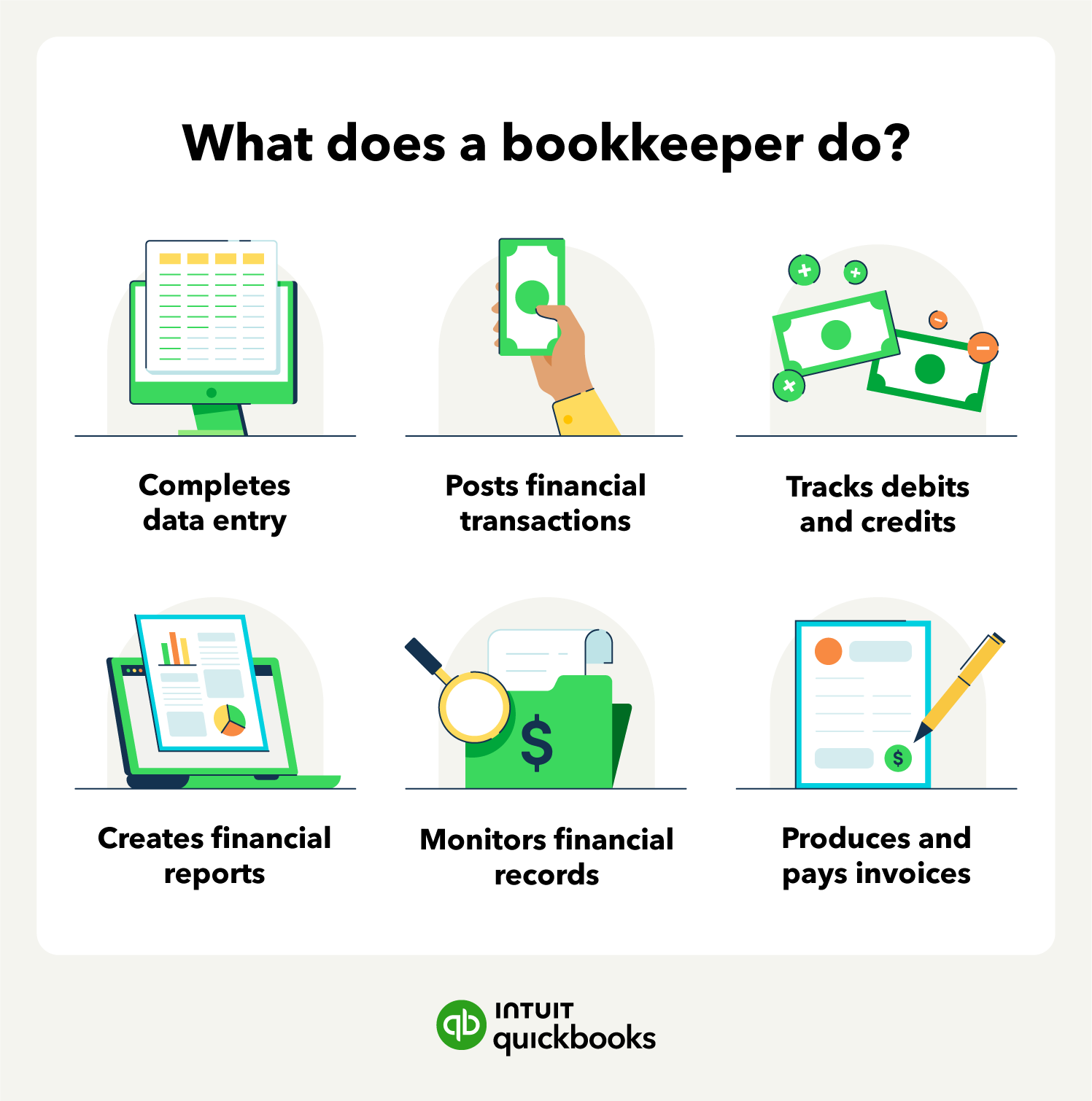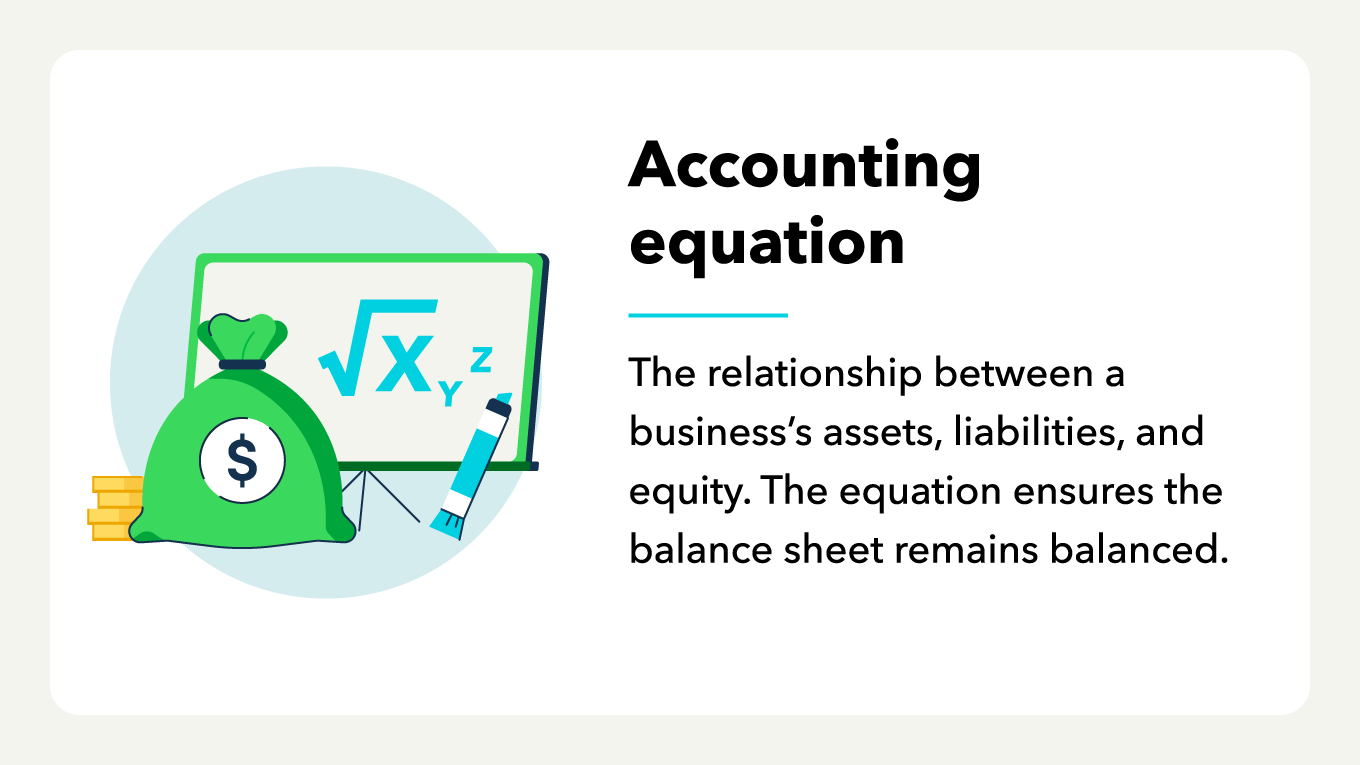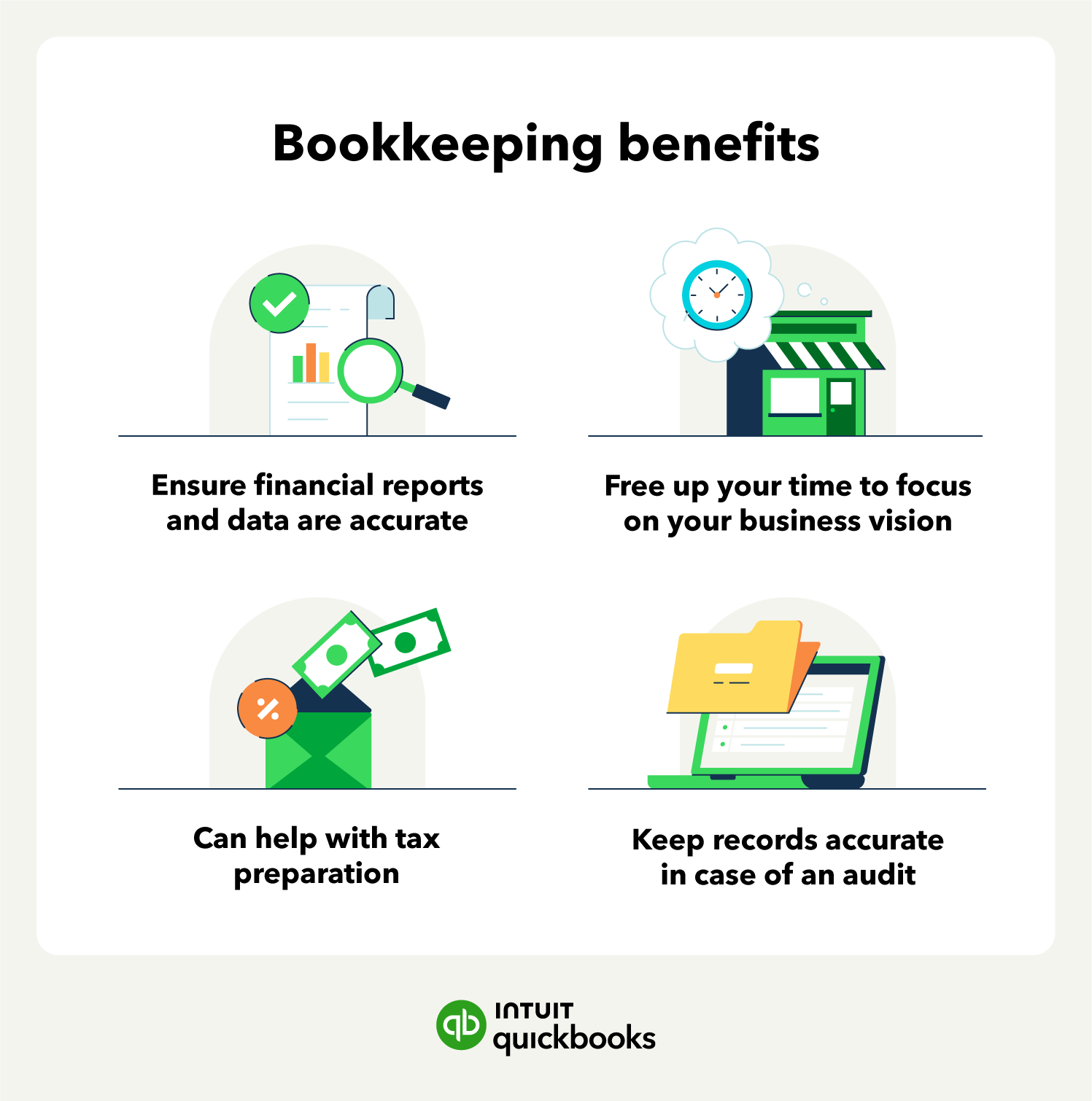*QuickBooks Live Bookkeeping requires QuickBooks Online subscription. Additional terms, conditions, limitations, and fees apply.
**Guarantee
Accurate Books Guarantee: Accurate Books Guarantee is only available for active customers of QuickBooks Live Full Service Bookkeeping. This guarantee covers the QuickBooks Live Services provided to you for the duration of your QuickBooks Live Monthly Bookkeeping subscription and the Cleanup Period. Accurate Guarantee is not available with QuickBooks Live Assisted Bookkeeping.
At your request, QuickBooks will conduct a full evaluation of your bookkeeper’s work. If your Live Bookkeeper makes an error that requires you to re-open your books for any month, we’ll correct the error in your books for the month that the error occurred at no additional charge.
Eligible errors include only those made by a Live Bookkeeper. An “error” is: a) a transaction that has been incorrectly categorized to the wrong account; b) an account balance in QuickBooks that doesn’t match the actual account balance; or c) improper transactions which can’t be supported by documentation (including client responses and client meeting notes).
If you invoke the guarantee, QuickBooks will conduct an evaluation of the Live Bookkeeper’s work. You’ll need to provide QuickBooks with a receipt for the transaction in question, correspondence from your outside tax accountant, or a document stating the balance of the account if an account balance is in question.
Live Bookkeepers aren’t responsible for errors resulting from incorrect information that you provide, or if you re-open the books by overriding closure after a Live Bookkeeper completes the month-end closure.

















